Ducks are versatile and resourceful waterbirds, found in a variety of habitats including ponds, rivers, lakes, canals, and coastal areas. Their omnivorous diet allows them to thrive on both plant and animal matter, adapting to what is seasonally and locally available. Understanding what ducks eat is essential for keeping wild and park ducks healthy and for maintaining balance in their ecosystems.
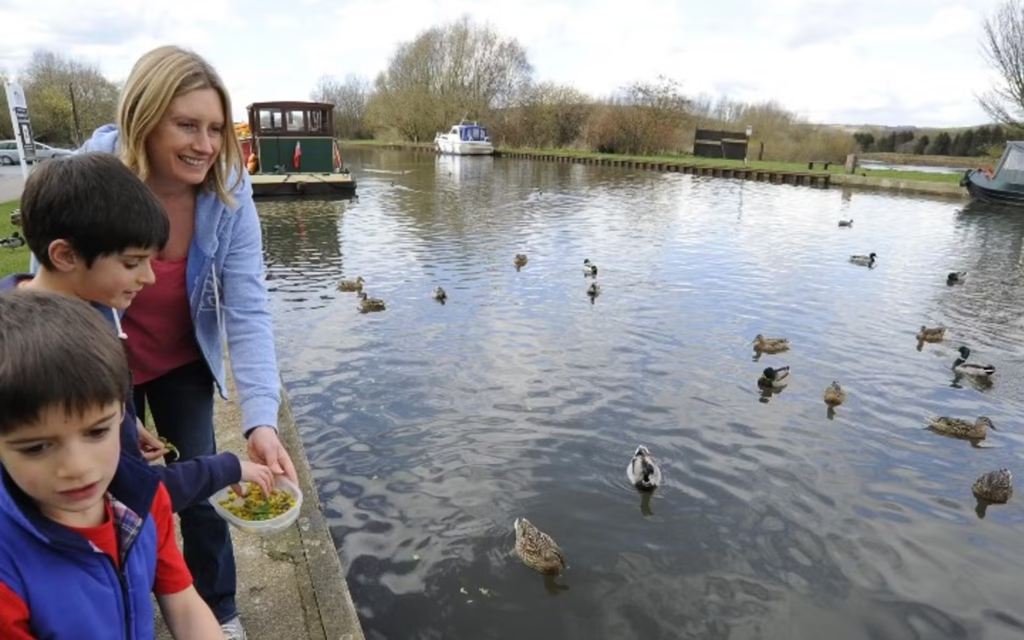
Ducks’ Natural Diet
In their natural habitats, ducks forage for a variety of foods. Seeds, grains, and acorns provide essential energy, while aquatic plants and algae offer important vitamins and minerals. Ducks also consume insects, worms, and molluscs, which supply protein, and some species will opportunistically eat small fish, amphibians, or even aquatic snails.
The exact diet depends on the species. Dabbling ducks, such as mallards, feed mainly near the water’s surface, picking plants and insects, while diving ducks like pochards or tufted ducks may dive deep for molluscs, invertebrates, and plant roots.
Can Ducks Eat Bread?
Feeding bread to ducks is a familiar sight in parks and along canals, but it is far from ideal. Bread offers minimal nutrition and, in large quantities, can lead to malnutrition, overcrowding, and environmental problems when uneaten pieces decay. Mouldy bread is particularly dangerous, as it can cause illness and attract pests like rats, which pose a threat to eggs and chicks.
Fresh bread in small amounts will not poison ducks, but it is always better to choose nutritious alternatives that mirror their natural diet.
Six Healthy Foods You Can Feed Ducks
When offering food to ducks, the goal should be to supplement their diet with healthy, nutrient-rich options. Ducks particularly enjoy sweetcorn, whether tinned, frozen, or fresh, and leafy greens like lettuce, kale, and rocket, which can be torn into manageable pieces. Defrosted frozen peas are another favourite, providing valuable plant protein and fibre. Oats — whether rolled, instant, or in flapjack form — are also readily accepted, as are seeds from bird seed mixes or the supermarket. Plain rice, cooked or uncooked, can be a good filler that ducks can digest easily.
Safe Foods:
- Sweetcorn
- Lettuce
- Frozen peas
- Oats
- Seeds
- Rice
Foods Ducks Should Avoid
Some foods are harmful or provide no real nutritional benefit to ducks. Crisps, chips, and other processed snacks contain too much salt and fat, while popcorn can cause choking or digestive blockages. Sugary cereals like cornflakes offer little value, and citrus fruits may upset digestion. Spinach can lead to egg-binding problems, and onions can cause anaemia. Avocado is particularly dangerous, as it contains toxins that can cause heart failure in birds.
Unsafe Foods:
- Crisps and junk food
- Popcorn
- Sugary cereals
- Citrus fruits
- Spinach and onions
- Avocado
Feeding Ducks at the Park
When visiting a park or canal, the healthiest choice is to bring specialist duck food such as Ark Duck & Swan Floating Food, which contains a balanced mix of nutrients. Supplementing with chopped vegetables or fruit is fine, but avoid bread and processed foods. Feeding should be occasional to ensure ducks still forage naturally.
Always cut food into small pieces so it is easy to swallow, feed in moderation, and remove any uneaten leftovers. This helps protect both the ducks and the surrounding environment.
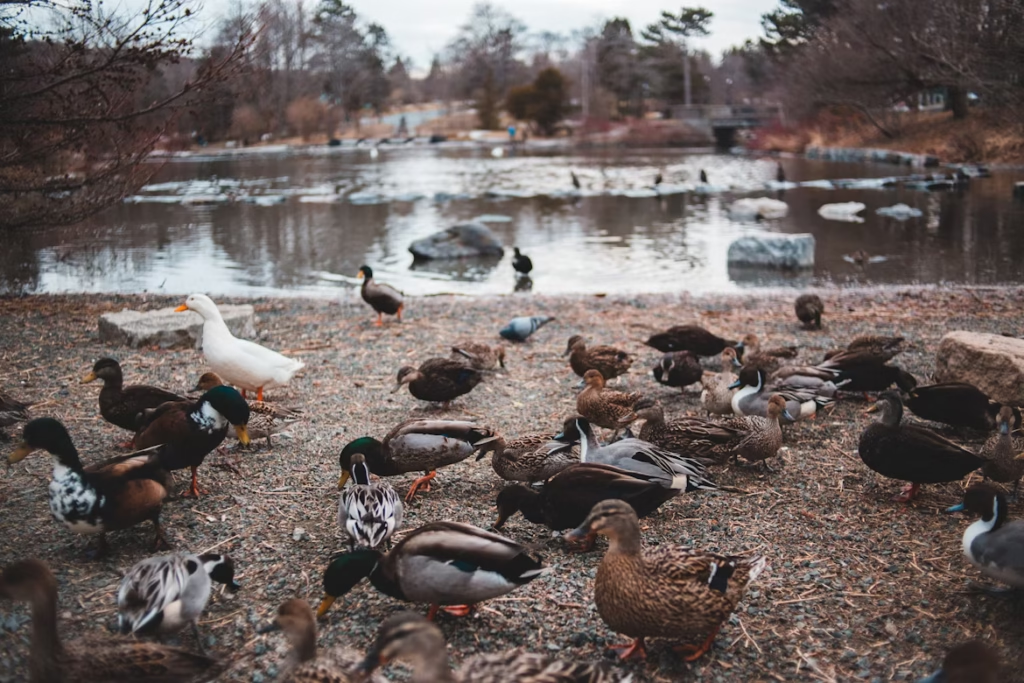
Diet by Duck Species
Different duck species have slightly different dietary preferences:
| Species | Main Diet |
| Mallard | Seeds, berries, aquatic plants, insects |
| Teal | Aquatic invertebrates, seeds, plants |
| Wigeon | Grass, aquatic plants, roots |
| Tufted Duck | Molluscs, invertebrates, plants |
| Shelduck | Aquatic snails, shellfish |
| Mandarin | Vegetation, seeds, insects |
| Pochard | Aquatic plants, seeds, small fish |
| Shoveler | Small insects, plant matter |
| Goldeneye | Mussels, snails, small fish |
| Pintail | Plants, invertebrates |
Ecological Connections
Ducks play an important role in the food chain. While they consume plants, seeds, and small animals, they are also prey for a variety of predators. This wider ecological perspective is important when understanding their role in nature. You can learn more about predators that feed on reptiles and other wildlife in What Eats Snakes?.
For a lighter look at ducks in human culture, Ducks! It’s a waddle-ful life celebrates their charm and place in our everyday lives.
Frequently Asked Questions (FAQs)
Q1: What do ducks eat in the wild?
In the wild, ducks eat seeds, aquatic plants, berries, insects, molluscs, and occasionally small fish or amphibians, depending on their species and habitat.
Q2: Can ducks eat grapes?
Yes, ducks can eat grapes, but they should be cut into small pieces to prevent choking.
Q3: How often should you feed ducks?
Feeding should be occasional — perhaps once or twice a week — to encourage natural foraging and prevent over-reliance on human food.
Q4: Can ducks eat rice?
Yes, ducks can eat both cooked and uncooked rice as long as it is plain and unseasoned.
Q5: Why should you avoid feeding ducks bread?
Bread offers little nutrition, can cause malnutrition in large quantities, and uneaten bread can pollute waterways.
Share this content:

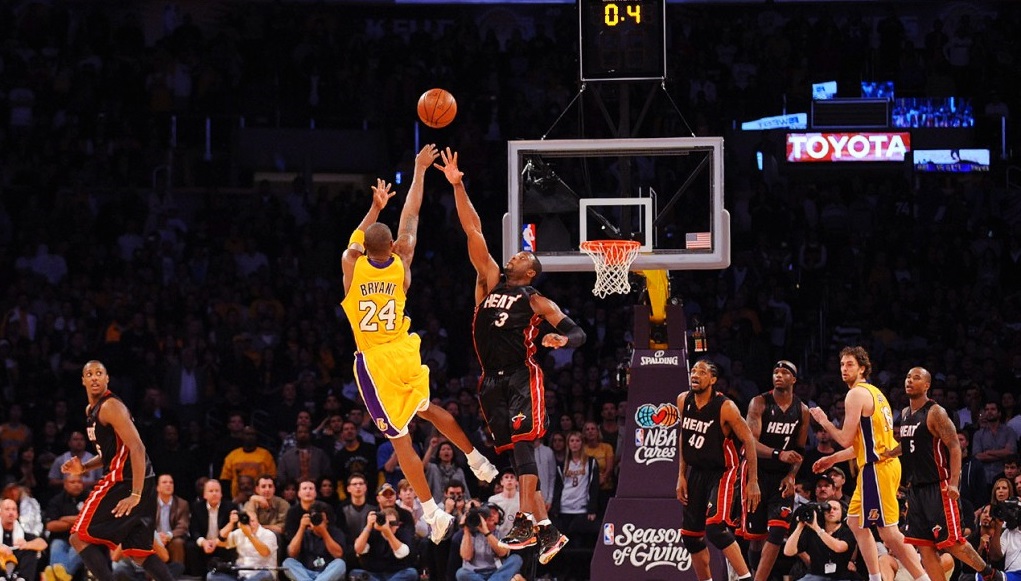
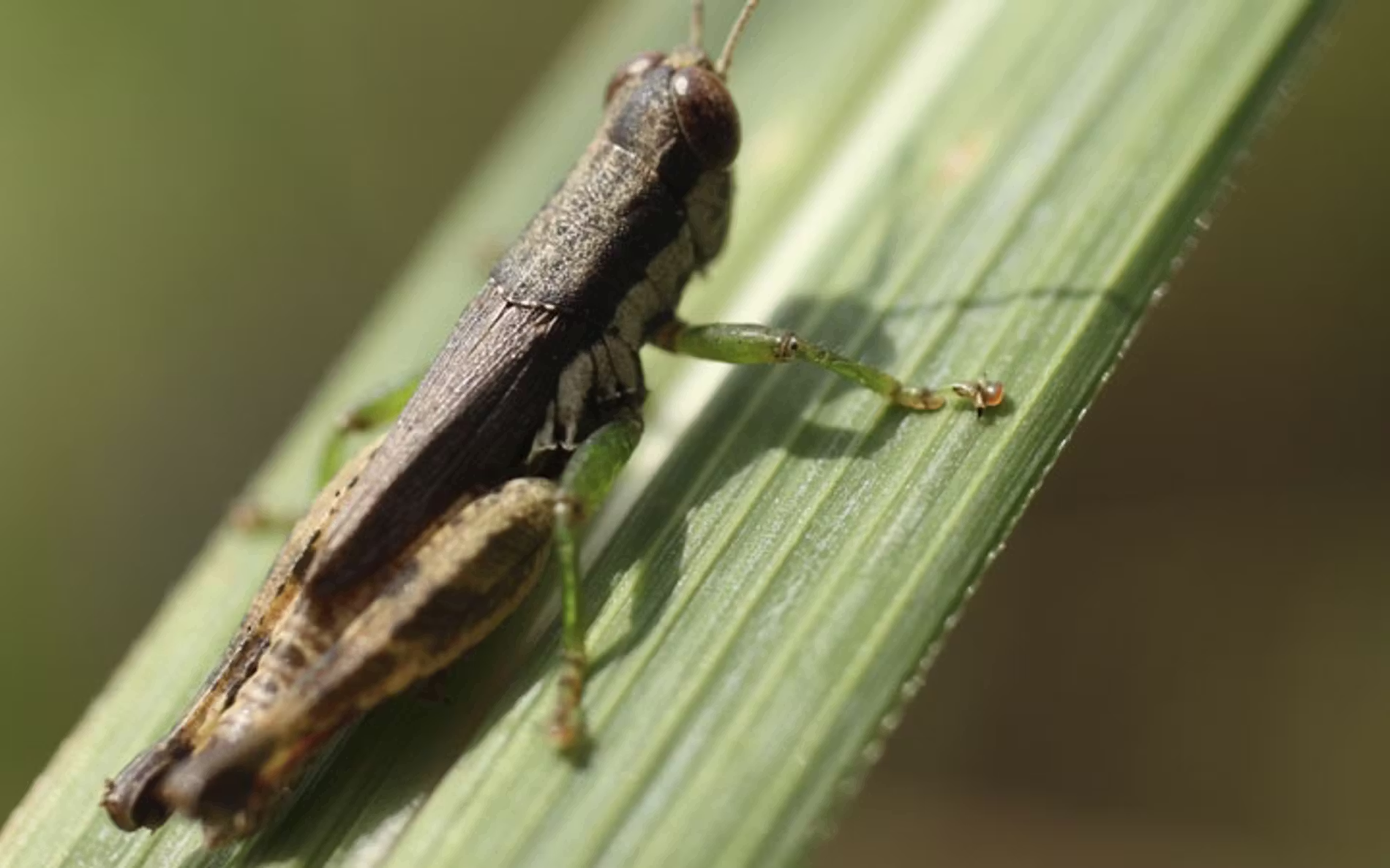

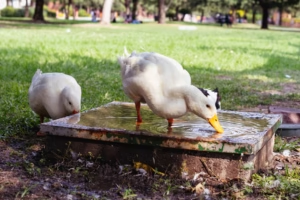



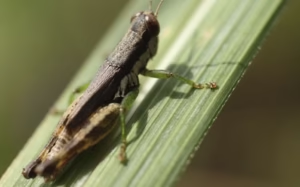




Post Comment
You must be logged in to post a comment.